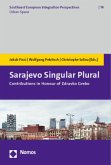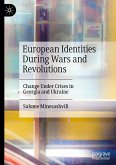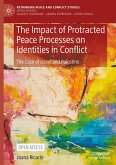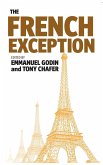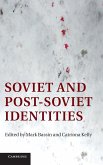Northern Ireland is frequently characterized in terms of a "two traditions" paradigm, representing the conflict as being between two discrete cultures. Proceeding from an analysis of the historical and religious context, this study demonstrates the reductionist nature of the "two traditions" model, highlighting instead the complexity of ethnic identities and cultural traditions. It thus shows why attempts at reconciliation like the Good Friday Agreement of 1998, which seeks to promote the concept of a "parity of esteem" based on this identity model., are fraught with difficulties. Reflecting on the applicability of the concept of multiculturalism in the context of Northern Ireland, the author proposes a re-conceptualisation of Northern Irish culture along lines that steer clear of binary oppositions. From the Contents: 'Webs of Significance'; Dis-membering the Past; Divided by Common Cosmologies; A Discourse in Difference; The Process if 'Cruthinitude'; Un Unclaimed Tradition; Ethnic Nationality; The 'Fuzzy Frontier'; The 'Common Ground'


